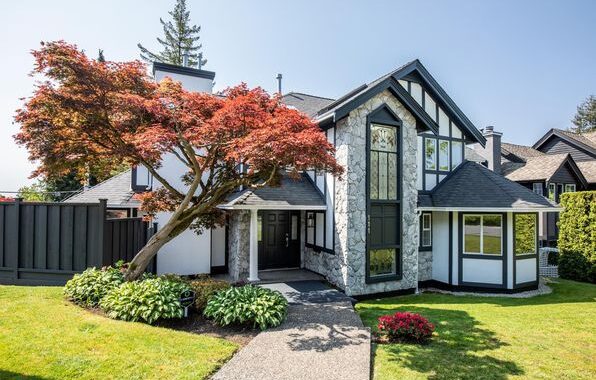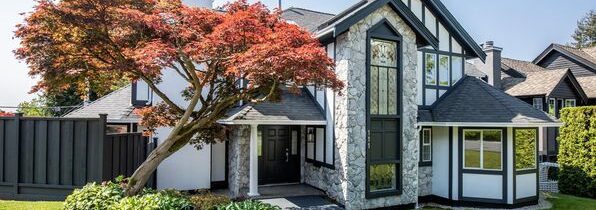
On Friday, the Province of British Columbia announced that it has expanded the Speculation and Vacancy Tax (SVT) to several new areas of BC for the 2023 tax year.
Those new areas include the municipalities of North Cowichan, Lake Cowichan, Duncan, Ladysmith, Squamish, and Lions Bay — the same municipalities the Province said the SVT would potentially expand to back in July 2022.
They join the existing list of municipalities subject to the SVT, which includes the municipalities in the Metro Vancouver Regional District (except for Lions Bay, prior to Friday), municipalities in the Capital Regional District, Abbotsford, Mission, Chilliwack, Kelowna, West Kelowna, Nanaimo, and Lantzville.
According to the Province, a total of 46 municipalities in BC are now subject to the Speculation and Vacancy Tax, and the provincial government is estimating to receive approximately 1.7 million declarations when the declaration period begins in January 2024.
The Province introduced the Speculation and Vacancy Tax back in 2018 in an effort to curb real estate speculation and bring empty homes back on the market, increasing the supply of housing in BC.
“People in our province expect housing to be used as homes, not investments for speculators,” Minister of Finance Katrine Conroy reiterated on Friday. “The Speculation and Vacancy Tax is making sure homes are available for people, not left empty.”
The Province estimates that the SVT has brought 20,000 empty condominiums around Metro Vancouver back on the market.
Revenue from the tax also goes back directly to the regions where the tax applies, and the Province says that the SVT has raised more than $313M, which has contributed towards new housing in those areas.
“The people who call Duncan home know that we are facing the same housing pressures of larger centres,” said Mayor of Duncan Michelle Staples on Friday. “We need to increase supply and ensure the housing we have is used as homes.”
The Speculation and Vacancy Tax was originally set at 0.5% of the property value for all properties when it was introduced in 2018, but was later increased to 2% for foreign owners and satellite families — households that receive more income from outside of Canada than within it — while Canadian citizens and permanent residents who are not members of a satellite family were subject to the 0.5% rate.
Revenue data published by the Province in December 2022 showed that foreign owners and satellite families paid an average of $18,042 and $19,234, respectively, as a result of the SVT, while Canadian citizens and permanent residents paid an average of $3,531 and $4,530.
Those who paid the highest amounts as a result of the SVT, however, were corporations, trusts, and partnerships with interest holders that include more than one owner type, as well as those who were undeclared. That “other” group paid an average of $33,836 as a result of the SVT.
The Province estimates that approximately 99% of people who live in BC remain exempt from the Speculation and Vacancy Tax. Come 2024, however, when the declaration period begins, all registered owners of residential properties need to declare, even if they believe they are exempt, and owners will then need to declare every subsequent year as well.
